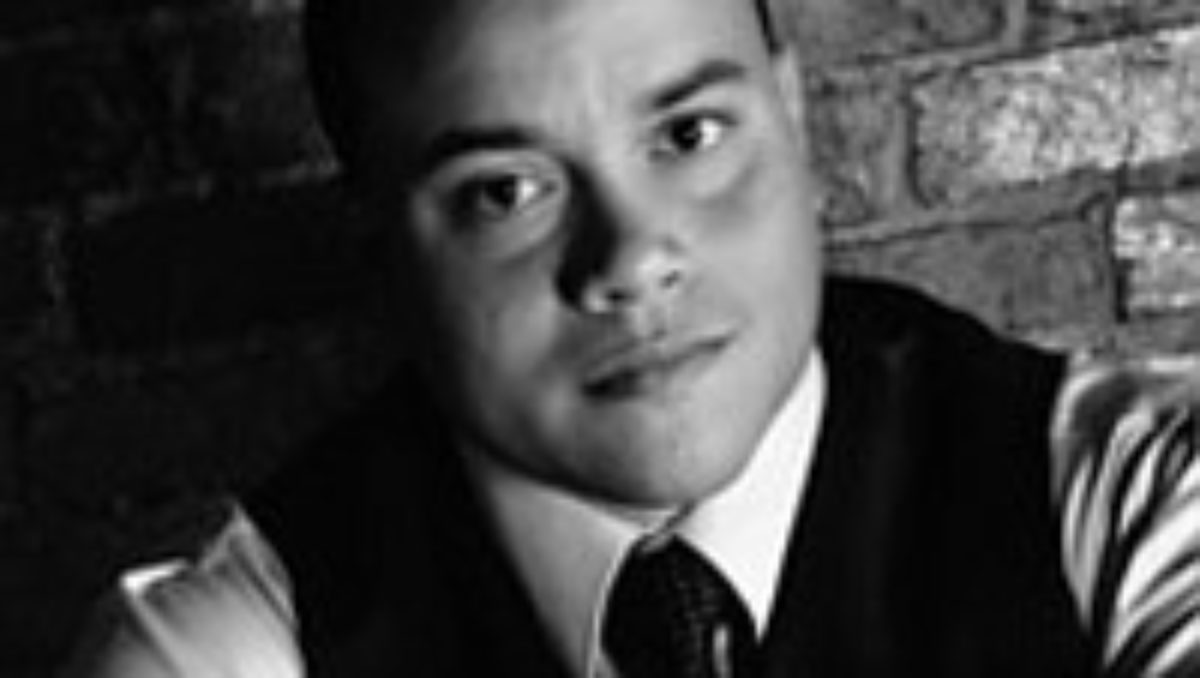THE BOY IS by Junious Ward
Public Enemy at full volume en route
to a New Hampshire summer, is tongue in cheek
gospel like the yellow and green colorway
Nikes dad got from the back of that pick-up,
bootleg Huey P. Newton in a Lacoste
polo shirt. Kids said fake and you got angry,
not because they poked or questioned what was real
but because you didn’t know and you should’ve.
Life lessons come at different ages for
different folks. You’re five and mom sits you down
to explain why kids made fun of you and why
you shouldn’t be ashamed. You’re fifteen and think
the only reason your bi-racial friends are
confused is because they never had that talk.
You’re twenty and curbed use of the word sellout,
opting for we’re all in this together fam.
Know there are limits, trying to prove yourself.
Hat backwards, baggy shorts and that certain swag
you picked up from years of practice. The cute girls,
just far enough away to think their whispers
are safe, debate themselves: what you think he is?
You lose the point in the tennis match and you
get angry, not because they distracted you
but because they didn’t know and someone should.
- Published in Issue 20
TWO POEMS by Junious Ward
INHERITANCE
I was never the clean plate, I was the swirl
of flour-white biscuit in dark corn syrup.
At church I was a wide-mouthed Baptist hymn
whenever my father made eye contact.
Eight teabags bathing in a glass jar on the back steps,
sun high and fevered, I was a hot summer.
Who cares what the package says,
I was two cups of sugar instead of one.
I was Man-Man or Baby or Dee
or cousin Peanut from down the street.
A name in the South is a yardstick, becoming
the measure of both giver and receiver.
My friend Ten Pointer got his name by scoring
ten points in a basketball game, simple.
Don’t ask me about Uncle Alpo or Crack or the senior
in college who only let us call him Mynigga.
Dad reminds me during an argument the only
thing he can give me is his name as reflection
and his religion as legacy and what is he
if I walk away from either. I wasn’t the clean plate.
I was the swirl who only called myself black, not
white. Black. Which
felt like the only way to keep part of him
with me, to acknowledge what I’d been given.
HOMECOMING, RICH SQUARE, NC
I.
Northern black folk
drive through my hometown &
stop along the road
to pick cotton – a drifted piece,
something the machine skipped
over. Feel the need to connect,
honor ancestors by picking straight
from the claw of the plant’s mouth,
seed and all,
how thorny it feels, how it calls
out blood like the Big Dipper sang
a whole bloodline toward a lesser wound.
How can anyone do this
all day? I worked that field
as a kid. Only once. Burlap skin
as thirsty hands during an annual
event/reminder for families
in need of extra income.
Come, the Cotton Gin called.
Mighty fine job, sang Jackson St
from its own crescent mouth.
How callused these hands
and strong this back, I dreamed;
tan this skin, eager this frame.
A man. A man. A bag
of white gold taller than my dusty afro
earned $8.58, a check that arrived
two weeks later. Hell no, I never went back.
II.
My mother-in-law had never seen
a cotton field up close, this visit
she threw open the door
before I even got to a good stop,
went elbow deep and
picked one tuft clean and good, nervous
the landowner might see her working
his soil and pick up a shotgun,
noticed the blood on her fingers,
rubbed them pink,
and was quiet
the rest of the way home.
- Published in Issue 17
